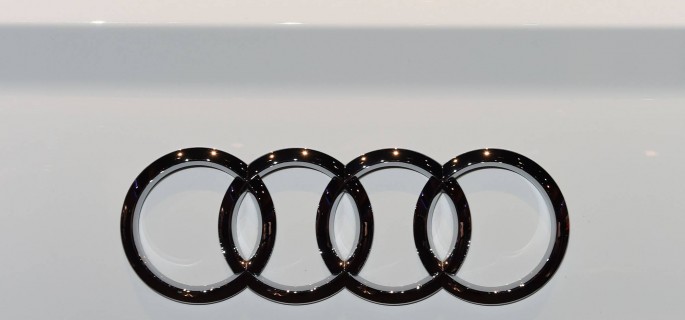VW, Audi Confirm Investigation Into Carbon Dioxide Levels in Some Audi Cars

Volkswagen AG and its Audi AG luxury unit on Saturday confirmed that U.S. and European investigators are looking into fresh irregularities related to carbon dioxide emissions levels in certain Audi automatic-transmission vehicles.
Volkswagen said it was in talks with U.S. and European regulators over the new issue, which has emerged as a fresh investigative strand in its yearlong diesel-engine emission scandal. The vehicles now in question are both gasoline and diesel powered.
The initial VW probe, news of which broke last year, centered on software Volkswagen admits to having installed to mask a different sort of emission, nitrogen oxide, in many of its diesel-powered cars.
Investigators are now looking into whether the way Audi engineered some of its automatic transmissions was aimed at reducing carbon dioxide emissions during lab tests but allow higher emissions during normal road use, Volkswagen and Audi confirmed.
The transmission in question was widely used in Audi’s top sedans and sport-utility vehicles. Audi engineered the automatic transmissions to run at very low RPMs during treadmill tests to pass emissions tests, but then to run at full performance on the road, resulting in higher greenhouse gas emissions, according to a person familiar with the situation and an internal Audi document reviewed by The Wall Street Journal.
The discovery of the use of so-called defeat devices related to carbon dioxide emissions was previously reported in a front-page article in the Journal last week, but neither Volkswagen, Audi nor U.S. officials had commented on the issue until now.
Audi disabled the test recognition shortly before Volkswagen’s admitted to cheating on diesel emissions in 2015, according to the person familiar with the situation.
The new emissions revelation comes after Volkswagen has been in negotiations with U.S. environmental authorities and the Justice Department for a year to settle allegations of fraud and environmental violations after using defeat devices to cheat on diesel-engine testing for a decade.
VW last year admitted to installing the emissions-cheating software on nearly 11 million diesel vehicles world-wide. The company agreed in June to a $14.7 billion settlement with the U.S. environmental authorities, state authorities and owners of 475,000 two-liter diesel vehicles affected in the U.S.
The company is still in talks over a settlement in that earlier emissions scandal for owners of 85,000 vehicles with three-liter diesel engines that were built by Audi. The carbon-dioxide issue has been added to the agenda, Volkswagen said.
The fresh inquiries confirmed on Saturday are centered around a gear-shifting system that the auto maker calls a “dynamic shifting program” in automatic transmissions installed in Audi models such as A6 and A8 sedans and the Q5 sport-utility vehicle, the companies said.
Audi engineered the transmissions to run at very low RPMs during treadmill tests, but not to kick into a higher performance mode unless the steering wheel turned 15 degrees, as would be normal in everyday road use, according to the person familiar with the situation and the internal Audi documents. That ensured the vehicles passed emissions tests, but once on the road, were geared to enhance driving enjoyment. But in performance mode the cars emitted higher levels of carbon dioxide.
Volkswagen has been in talks about the issue with the U.S. Environmental Protection Agency for several months, but has only recently briefed Germany’s KBA motor vehicle agency.
“This issue has been known to the EPA since July,” a Volkswagen spokesman said, adding that the EPA became aware of the irregularities through expanded testing of VW, Porsche and Audi vehicles using three-liter diesel engines built by Audi.
Audi on Saturday said that during routine testing “dynamic shift programs can lead to incorrect readings and results that cannot be reproduced.”
The Volkswagen spokesman said the company doesn’t believe the shifting program violates any European laws, but the situation in the U.S. is less clear and needs to be determined by U.S. authorities.
Source: WSJ




























